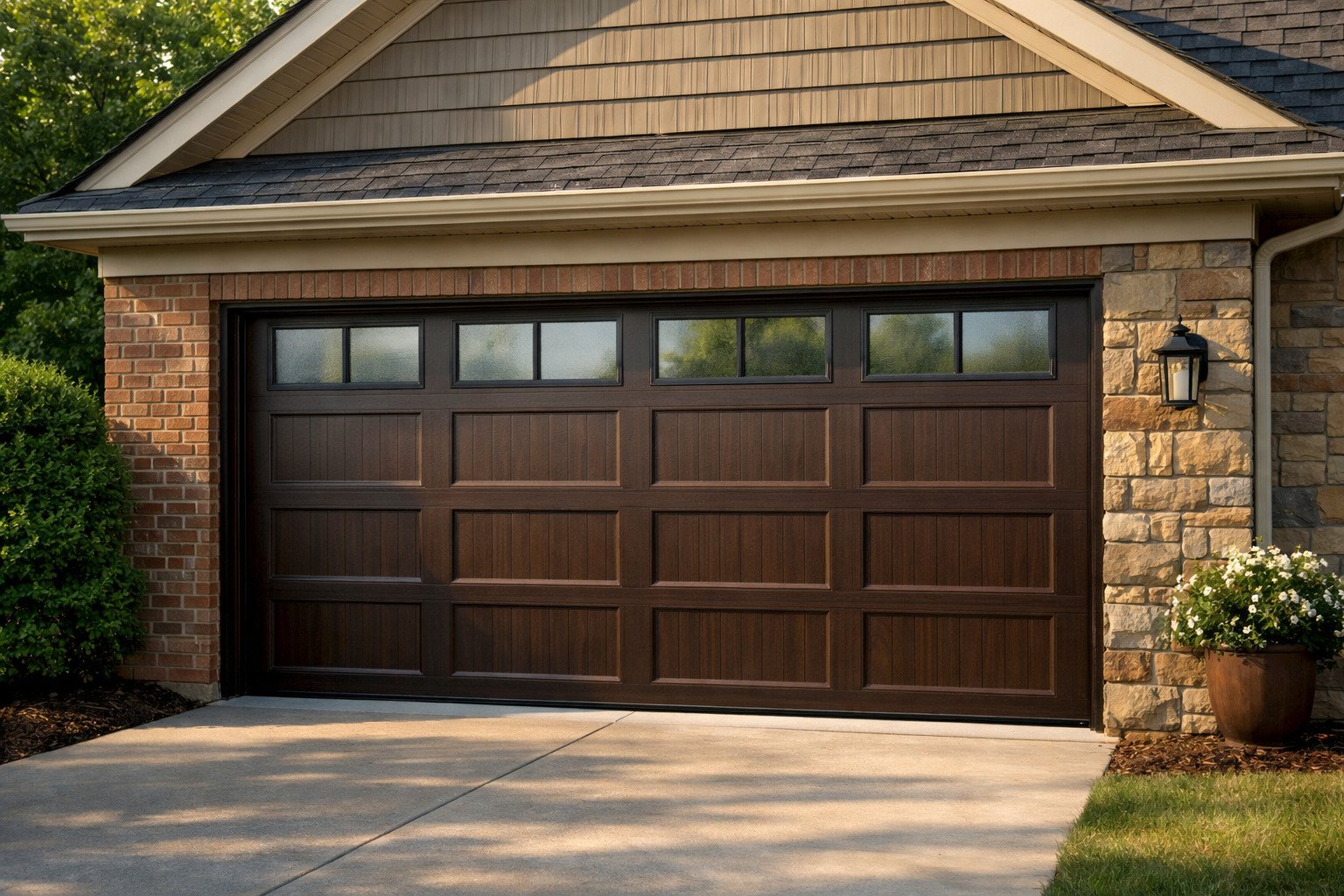When it comes to securing commercial properties in Dorset, business owners often find themselves weighing the pros and cons of electric fencing versus traditional fencing. Both options offer unique benefits and drawbacks, making it essential to understand what best suits your property’s needs. In this blog, we’ll explore the differences between electric fencing and traditional fencing, helping you make an informed decision for your commercial space. We’ll also highlight how a Dorset fencing specialist can assist you in selecting and installing the best option for your specific situation.
Understanding the Basics
Traditional Fencing
Traditional fencing typically refers to the standard wooden, chain link, or metal fences that have been used for centuries. These fences are designed primarily for physical security and boundary delineation. They come in various styles and materials, offering flexibility in terms of design and aesthetic appeal.
Pros of Traditional Fencing
- Aesthetic Variety: Traditional fencing comes in a wide range of styles, colors, and materials, allowing property owners to choose a design that complements their commercial space.
- Physical Barrier: Traditional fences create a strong physical barrier that can deter intruders and keep unauthorized individuals away from the property.
- Less Maintenance: While maintenance is still required, traditional fences generally do not require the same level of upkeep as electric fencing, making them easier to manage over time.
- Versatile Applications: Traditional fencing can be used in a variety of settings, including residential, agricultural, and commercial properties.
Cons of Traditional Fencing
- Security Limitations: While they provide a physical barrier, traditional fences may not offer the same level of security as electric fencing, particularly in high-crime areas.
- Damage Vulnerability: Wooden fences, in particular, can be vulnerable to rot, pests, and weather-related damage, which may necessitate more frequent repairs.
- Height Limitations: Depending on local regulations, there may be height restrictions on traditional fences, limiting their effectiveness as a security measure.
Electric Fencing
Electric fencing involves the installation of a wire fence that delivers a mild electric shock when touched. These systems are designed to deter intruders by providing a formidable barrier while being relatively safe for animals and humans alike. Electric fences are often used in agricultural settings, but they are increasingly popular for commercial properties as well.
Pros of Electric Fencing
- Enhanced Security: Electric fencing provides a high level of security, deterring intruders with the threat of an electric shock. This makes it particularly effective for commercial properties that require additional protection.
- Cost-Effective Monitoring: Electric fencing systems can often cover large areas at a lower cost than traditional fencing, making them an economical choice for extensive properties.
- Difficult to Bypass: The deterrent effect of electric fencing makes it challenging for intruders to climb or breach the barrier, enhancing security even further.
- Minimal Visual Impact: Electric fences can be designed to be less obtrusive than traditional fencing, preserving the aesthetic appeal of the property.
Cons of Electric Fencing
- Initial Installation Costs: The upfront costs for installing electric fencing can be higher than traditional fencing, which may be a consideration for budget-conscious businesses.
- Maintenance and Upkeep: Electric fencing systems require regular maintenance to ensure they function correctly, including checking for faults and ensuring the power supply is consistent.
- Legal Regulations: In some areas, there may be specific regulations governing the use of electric fencing, including height restrictions and signage requirements.
- Potential Liability: There is a small risk of injury if someone accidentally touches the fence. Business owners need to be aware of this potential liability and take steps to mitigate it.
What’s Best for Your Commercial Property?
Choosing between electric fencing and traditional fencing ultimately depends on several factors specific to your commercial property in Dorset:
1. Nature of the Business
Consider the type of business you operate. If you have valuable assets or sensitive information to protect, electric fencing may be the better option. Conversely, if aesthetics are a significant concern and security risks are lower, traditional fencing might suffice.
2. Location and Environment
The location of your property plays a crucial role in determining the best fencing option. Properties situated in high-crime areas may benefit from the enhanced security of electric fencing. However, if your property is in a low-risk area, traditional fencing may be adequate.
3. Budget Considerations
Evaluate your budget for fencing solutions. While electric fencing may have higher upfront costs, it could save money in the long run due to reduced theft and damage. Traditional fencing, on the other hand, may be more cost-effective initially, but maintenance costs should also be factored in.
4. Local Regulations
Before making a decision, check local regulations regarding fencing options in Dorset. Some areas may have restrictions on the height or type of fencing allowed, especially for electric systems. Consulting with a Dorset fencing specialist can provide clarity on these regulations.
5. Long-Term Goals
Think about your long-term goals for your commercial property. If you anticipate growth or changes in operations, consider how each fencing option will accommodate future needs. Electric fencing may offer more flexibility in expanding your security measures as your business grows.
The Role of a Dorset Fencing Specialist
Working with a Dorset fencing specialist can help you navigate the complexities of choosing the right fencing solution for your commercial property. Here are some ways a specialist can assist you:
- Expert Advice: A fencing specialist can provide valuable insights based on their experience and knowledge of the local market, helping you make an informed decision.
- Custom Solutions: Every property is unique. A specialist can assess your specific needs and recommend tailored fencing solutions that fit your requirements and budget.
- Professional Installation: Proper installation is critical for both electric and traditional fencing. A specialist will ensure that your fencing is installed correctly and efficiently, maximizing its effectiveness.
- Ongoing Support: Many fencing specialists offer ongoing maintenance services, ensuring that your fencing remains in top condition for years to come.
- Compliance Assistance: Navigating local regulations can be challenging. A Dorset fencing specialist will be familiar with the relevant laws and can help ensure your fencing complies with all necessary guidelines.
Conclusion
Choosing between electric fencing and traditional fencing for your commercial property in Dorset requires careful consideration of your specific needs and circumstances. While traditional fencing offers aesthetic variety and ease of maintenance, electric fencing provides enhanced security and cost-effective monitoring for larger areas.
By partnering with a knowledgeable Dorset fencing specialist, you can ensure that you make the best choice for your commercial property. They will guide you through the decision-making process, offer expert advice, and handle the installation and maintenance of your fencing solution.
Investing in the right fencing not only protects your commercial assets but also enhances your property’s overall appeal. Whether you choose electric fencing or traditional fencing, prioritizing security will contribute to the long-term success of your business in Dorset. Read More











Leave a Reply